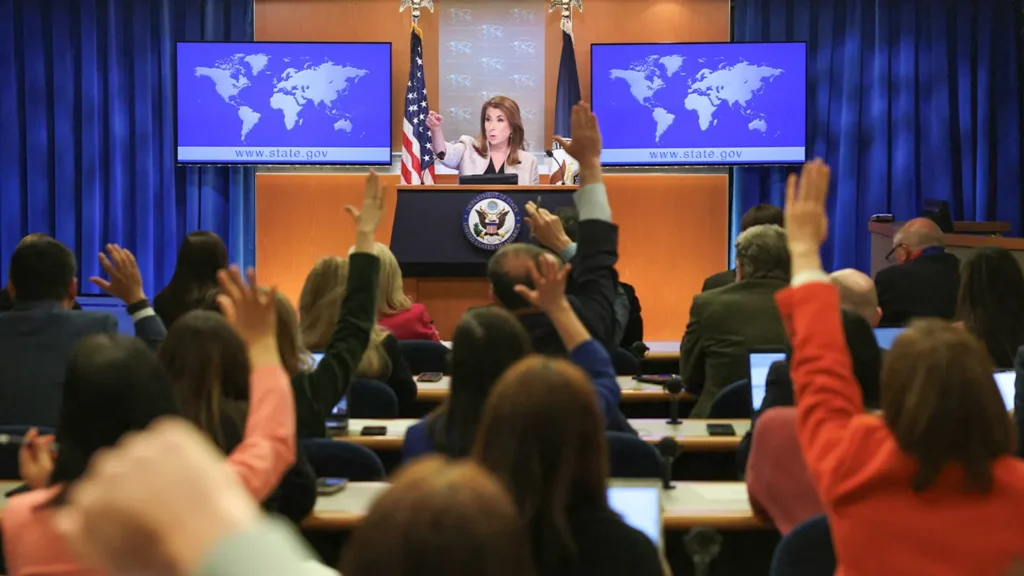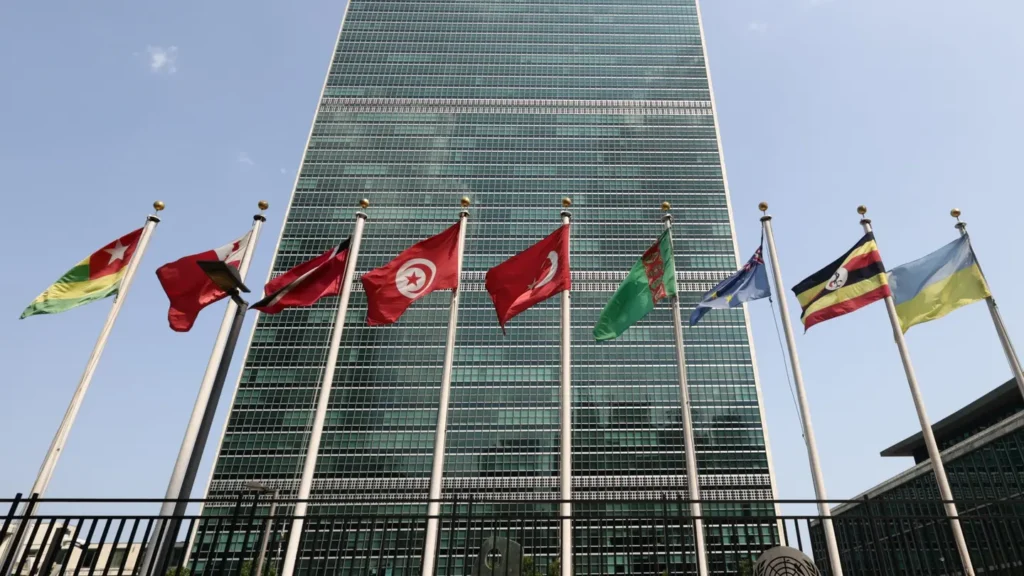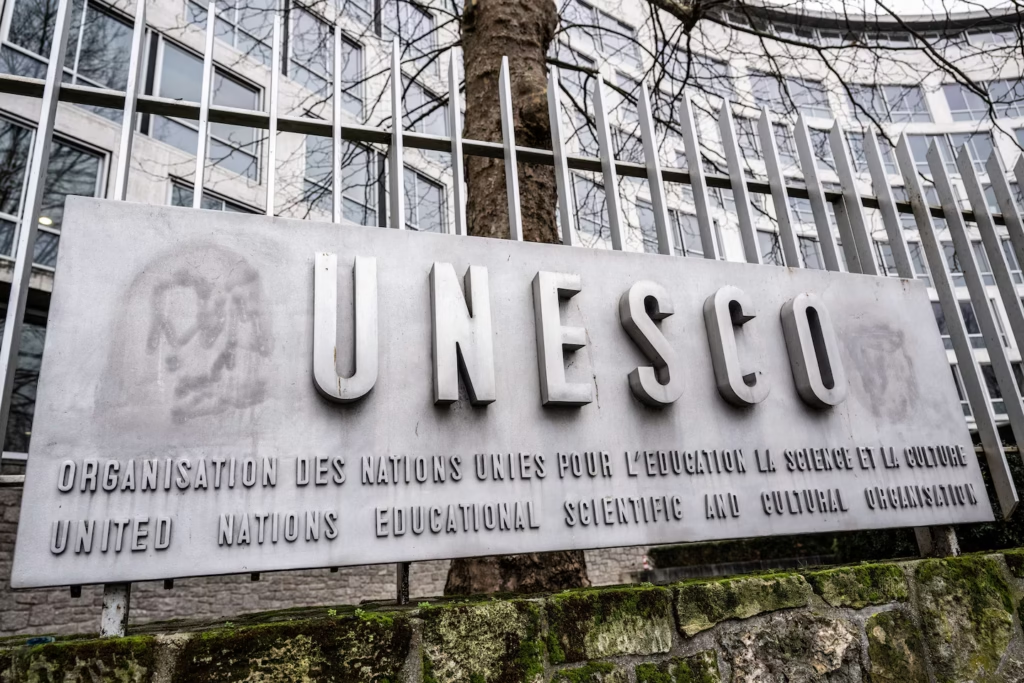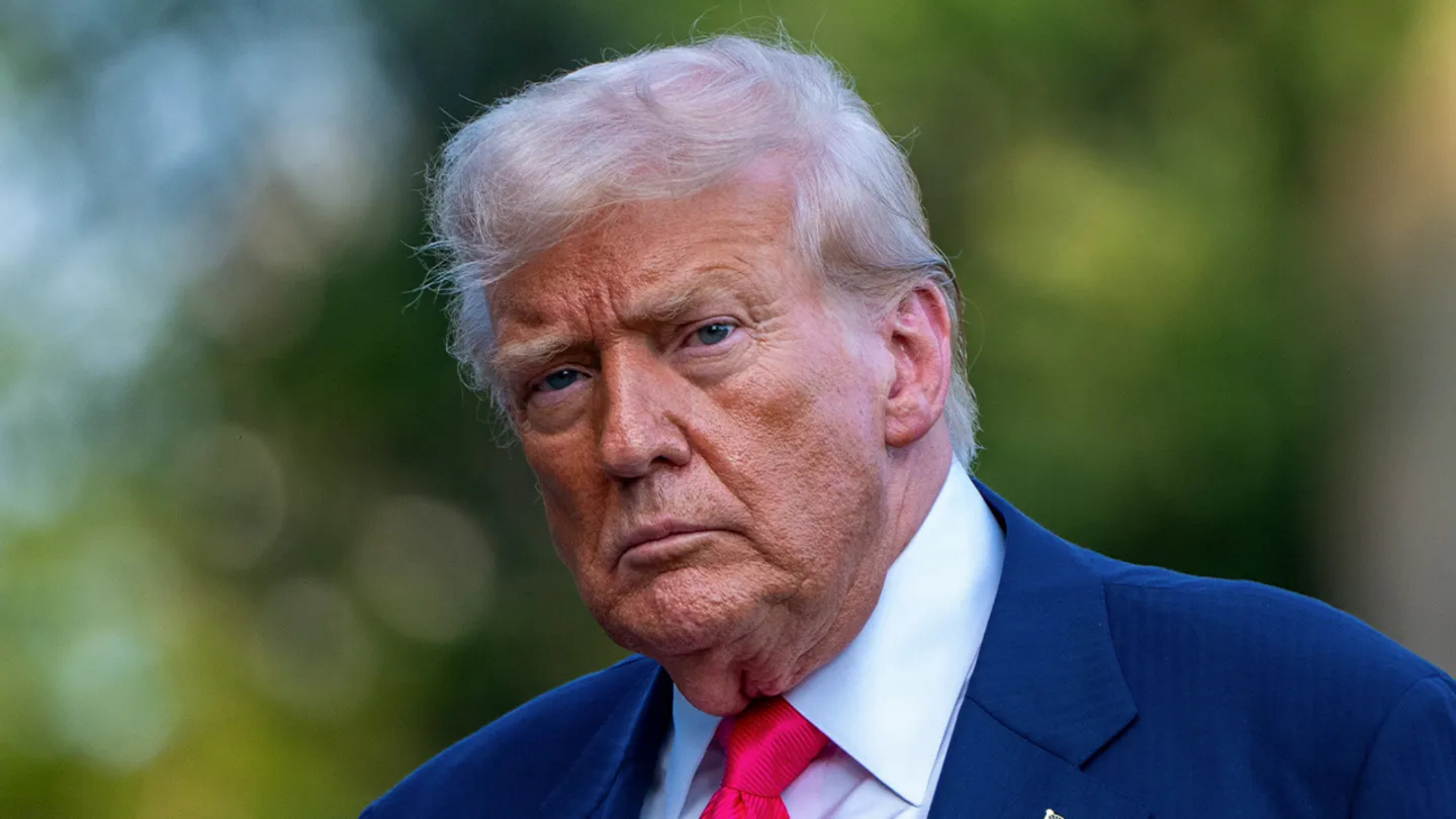In a bold reaffirmation of his America‑First ideology, President Trump is once again pulling the United States out of UNESCO
Why Trump Says UNESCO Is “Woke”
The White House contends UNESCO’s social justice and DEI policies—such as anti-racism toolkits and gender initiatives—“advance divisive cultural causes.” Leadership accuses UNESCO of prioritizing globalist agendas over America-aligned values. Moreover, UNESCO’s 2011 move to recognize Palestine as a member is cited as a core reason for perceived anti-Israel bias.

Since February 2025, a 90-day State Department review specifically analyzed anti-Semitism and anti-Israel sentiment within UNESCO programs and rhetoric.
The U.S.–UNESCO Tug‑of‑War Over Decades
This marks the third U.S. departure—first under President Reagan in 1984, again under Trump in 2017, brief reentry under Biden, and now a repeat exit. Rival administrations have seen UNESCO alternately as a diplomatic tool and a liability. The Biden administration reemerged to curb rising Chinese influence in UNESCO.

Global and Domestic Fallout
Director-General Audrey Azoulay emphasized UNESCO’s diversified budget and defended its commitment to Holocaust education and hate‑speech initiatives. Meanwhile, leaders in France backed UNESCO, while Israeli officials praised the withdrawal as moral clarity.
Domestic Ripple Effects
The decision fits into a broader Trump-era trend of reducing U.S. engagement in international institutions: from the WHO and UN Human Rights Council to funding cuts in USAID and rescinding DEI initiatives across federal agencies. This reflects a strong nationalist shift in U.S. foreign and domestic priorities.

What’s Next: Transition and Impacts
The exit becomes formal on December 31, 2026, allowing UNESCO and American institutions time to adjust. Though UNESCO has diversified its funding, American cultural, educational, and conservation programs—especially concerning World Heritage sites—may face diminished U.S. support. RNZ
Final Thoughts
President Trump’s return to the UNESCO withdrawal underscores a wider repudiation of global partnerships in his America‑First agenda. This isn’t merely a retreat from a UN agency—it’s a stance against ideological influence and a reaffirmation of U.S. sovereignty. The coming months will reveal how UNESCO, U.S. cultural institutions, and global diplomacy adjust to this ideological shift.
Subscribe to trusted news sites like USnewsSphere.com for continuous updates.





